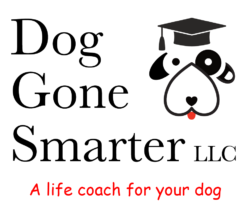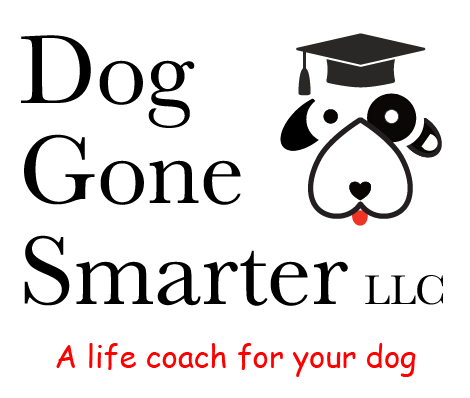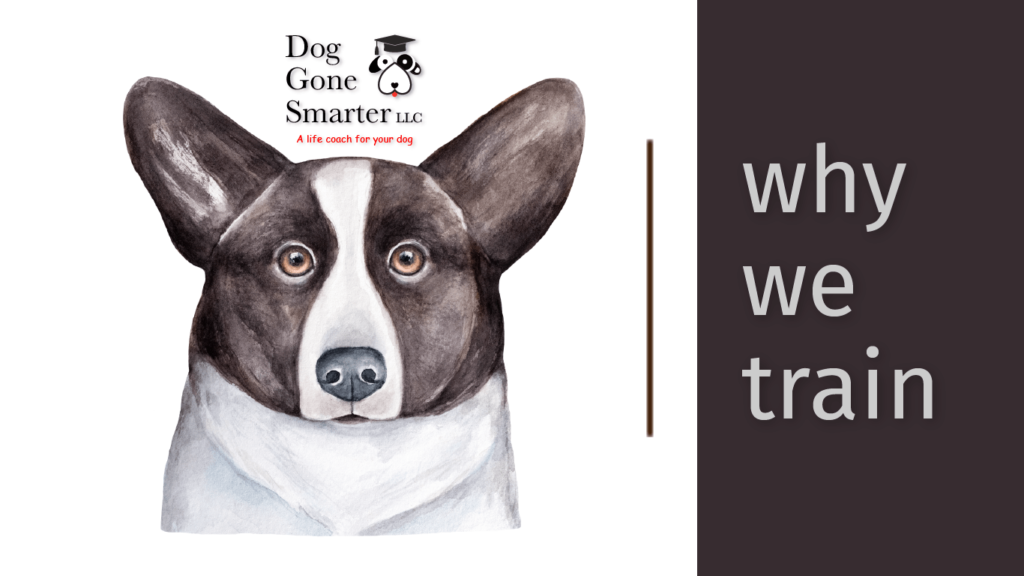The forces of nature and nurture have been at work for thousands of years, underwriting an evolutionary process of mutual benefit and opportunity between humans and dogs. This evolutionary process, perhaps even a co-evolutionary process, provides an extraordinary opportunity to forge an uncommon bond that enables dogs and humans to live, grow, and thrive together.
Training your dog helps to perfect and strengthen this evolutionary bond. Training also enhances the mutual appreciation and respect between humans and dogs. Training your dog enhances your ability to relate to one another, thus improving your pup’s quality of life under the pressures of domestication.

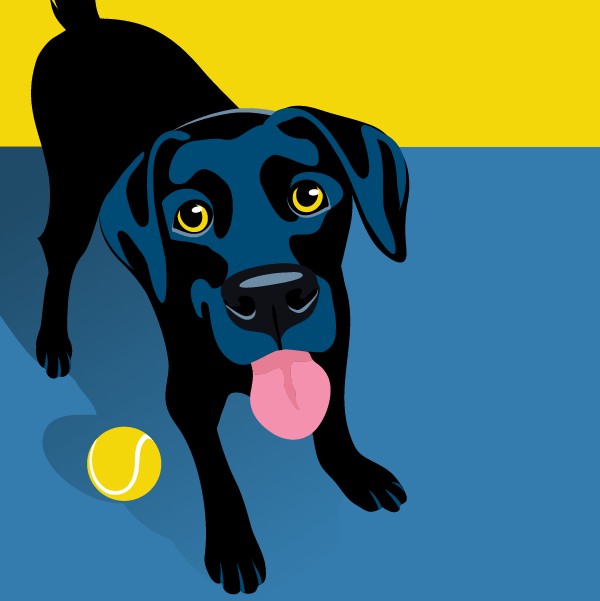
When your dog learns to come when called reliably, walk together with you on a leash without pulling, and mind his manners when a delivery arrives at the front door – your dog is rewarded with increased liberties, a safer and happier home life, as well as a multitude of other valuable and critical behaviors that will help him to better cope with life’s inherent adversity and uncertainty.
There is no other activity you can perform with your dog that will offer your dog a better chance at an improved quality of life – than behavioral training!
Your dog’s close social interaction with you, family, and friends requires her to accept certain limitations, rules, and boundaries in her daily routine. She must learn to respond consistently to basic commands and exhibit behavior conducive to cognitive and emotional stability and harmony.
Your dog must learn the house rules to be a good family member. Aside from knowing the rules, he needs the ability to obey them. The ability to obey your commands and abide by the constraints often requires your dog to have the ability to say “no” to his instincts, impulses, and desires. This self-control ability is often maldeveloped in a misbehaving dog.
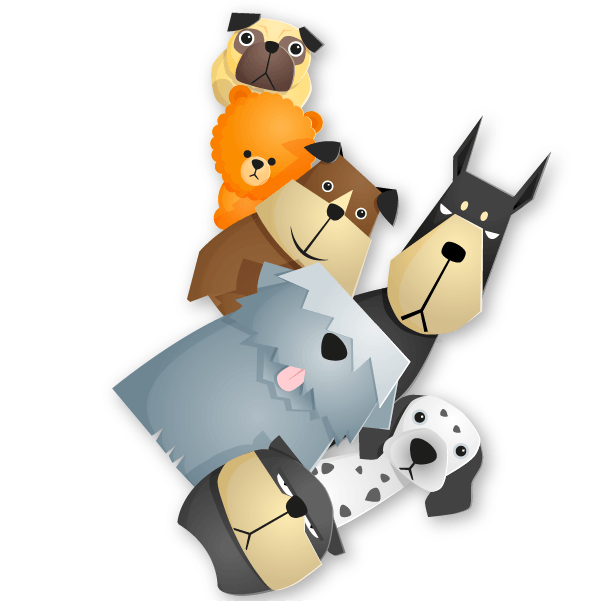
Increasing your dog’s ability to reason, use self-control, and restrain his impulses – is at the heart of every training exercise. A dog’s ability to learn to defer and comply with your commands is essential to their ability to become a successful companion.
To live comfortably with humans, dogs must adapt to life’s challenges and disruptions and respect the family’s limits and boundaries. Without these boundaries and limitations, a healthy relationship is not possible.
When your dog defers to your boundaries and assertions of authority, he is engaging in affectionate voluntary cooperation.
Affectionate voluntary cooperation is a crucial precondition for responsible and effective pack leadership and social dynamics. You promote loving, voluntary cooperation when you do training exercises with your pup. You are teaching your dog that deferring and following your direction – increases their ability to obtain reliable and timely comfort and safety.
As your dog learns to follow the rules, conflicts are reduced, and a pack-leader/follower bond is allowed to form based on communication, affection, and trust. This bond is essential to the development of a healthy human-dog relationship.
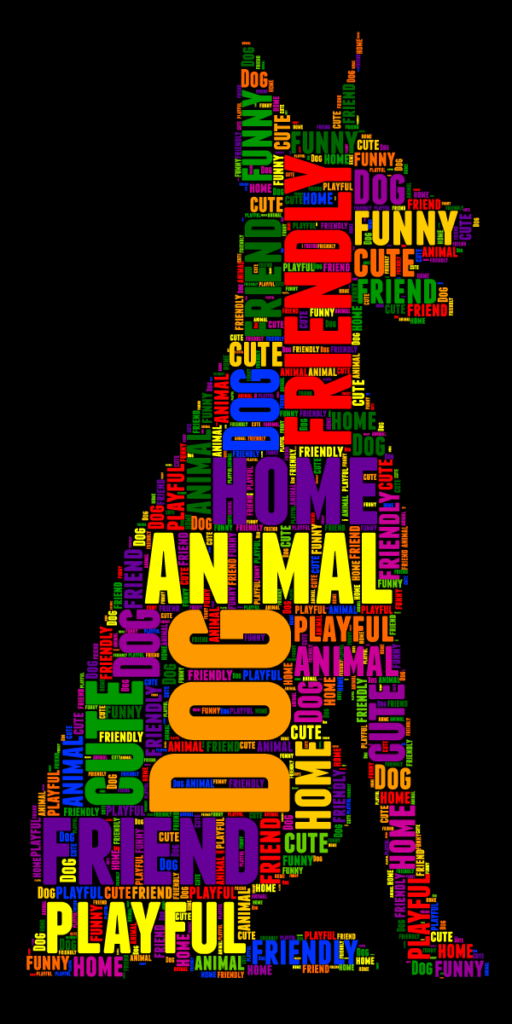
If you remember one thing from this article, remember this…
Predictability and controllability are the keys to success.
They are the keys to practical dog training and, even more importantly, are necessary for a dog’s sense of safety, confidence, happiness, and well-being. An inability of your dog to predict and control significant events in her environment is precisely what gives rise to her distress, often expressed in the form of anxiety, frustration, and unpredictability.
In small amounts, anxiety and distress can be an instructive tension conducive to learning, adaptive success, and growth. However, when a dog’s ability to predict is impeded, your dog’s ability to adapt often suffers and wanes. Excessive and persistent social conflict or unresolved emotional stress can hinder a dog’s ability to adjust, and your dog’s ability to function will deteriorate and break down over time.
Dogs living under stressful and inescapable conditions of social disharmony, disorder, and adversity are highly vulnerable to developing various behavioral maladjustments and emotive disturbances.
A constant, unrelenting tension is at play between you and your dog. Throughout the day, you stand between your dog and her ability to obtain various highly valued rewards and engage in many potentially destructive pleasures and liberties.
Owners often spend excessive time and energy responding to poor behavior by engaging in active and passive aversive control strategies.
Aversive active control strategies are generally ineffective and, at times, regressive to the various behaviors one tries to attenuate.
These techniques are often not joined with demonstrating to the dog how to obtain the gratification he desires – appropriately and acceptably.
Restricting the dog’s behavior through aversive passive control strategies such as tethering or crating, in the absence of constructive training, can also harm both the human-dog bond and the dog’s overall quality of life.
In active or passive aversive control strategies, your dog’s ability to establish predictive control over his environment and the social rewards it contains and build upon his self-control is blocked.
Impeding your dog’s ability to obtain certain rewards (e.g., barking, jumping up, chewing, pulling, mouthing) without teaching your dog more acceptable behaviors that produce equal or better reward opportunities will likely increase conflict and tension between you and your dog. Conflict over your dog’s desire to obtain rewards and your dog’s perception of you either as a partner in achieving success or, conversely, as an obstacle to overcome and receive a reward is created.
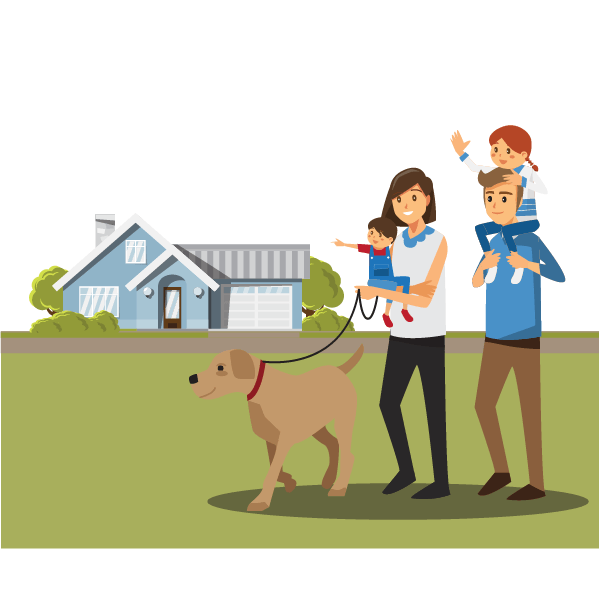
From the point of view of a behaviorist (and a Dog Gone Smarter LLC perspective), these described conflicts and tensions are contrary to interactive harmony, well-being, and mutual appreciation and, as such, represent the specific behavioral target areas where therapy efforts should be focused. These conflicts and tensions precisely define the social and biological needs that were not adequately being met through the human-dog relationship.
All Dog Gone Smarter training activities facilitate attention and impulse control while developing valuable and necessary behaviors.
The overall impact on your dog is reduced adverse anxiety and frustration through improved cognitive and emotional expressions of competence, confidence, and relaxation.
Resolving these conflicts through these science-based training strategies can offer an improved quality of life for both you and your dog. As a result of practical, constructive training, dogs adopt a more focused, secure, and trusting attitude toward their social and physical environment, helping them cope more effectively with conflict or emotionally stressful situations.
In addition to all these incredible benefits to your dog, owners gain from the time spent training their dog.
Owners learn how to observe and interpret their dog’s behavior, understand their emotional and biological needs, communicate more effectively, and develop a more informed estimation of their dog’s cognitive capacity and behavioral limitations.
All of this leads to a more robust and deeper human-dog bond, reduced conflict and tension, and a more aware and thoughtful dog while facilitating in you a more constructive and optimistic attitude about your relationship with your dog and your ability to attenuate your dog’s behavior in an intelligent, constructive and sustainable manner.
Authored by,
Erik Muenker DCBA RPDT
Dog Behaviorist
Owner, Dog Gone Smarter LLC
